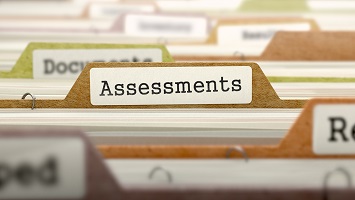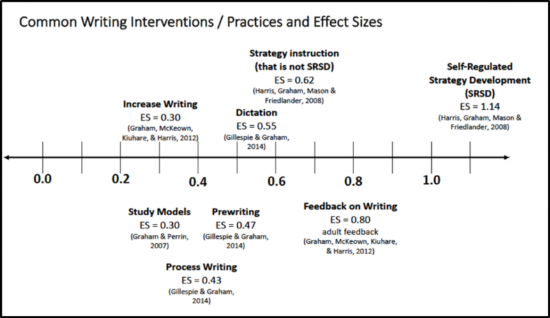This month’s Bright Spot comes from educators in Tuckahoe, Ossining, the Hallen School, SAIL at Ferncliff, Byram Hills, ARC of Putnam preschool and the NYSED Special Education Quality Assurance (SEQA) office, who attended the RSE-TASC training on Evidence-Based Practices for Self-Contained Settings.
What were students with disabilities able to achieve?
Participants in this three-day training implemented multiple evidence-based strategies between sessions and shared that, as a result, their students were able to increase productivity, increase time on task, increase appropriate classroom behaviors (thus reducing loss of instructional time due to removals from class), engage more appropriately at job sites, work more independently, and increase and improve social interactions with peers.
What practices or systems made this possible?
Participants learned about three powerful evidence-based practices:
- Plan-Do-Study-Act (PDSA): Using multiple types of data to identify student specific goals and monitor progress toward attainment of the goals using Active Engagement Plans
- Functional Communication Training: Using data to identify the function of the behavior and then teaching a replacement behavior that includes appropriate communication strategies
- Self-Management: Teaching students to develop their own goals and monitor their own progress toward attainment
What can we learn from this Bright Spot?
In their evaluation, multiple participants identified the value of using PDSA across all aspects of their teaching. When you plan and implement a new instructional strategy (Plan-Do); collect specific data on the impact on students in an on-going manner and use that data to learn whether it is working (Study), and how to improve the strategy (Act), it is a win all the way around!


 Data-Driven Decision-Making
Data-Driven Decision-Making  Increasing Post-School Success through Interagency Collaboration
Increasing Post-School Success through Interagency Collaboration  How Can We Improve Deeper Learning for Students with Disabilities?
How Can We Improve Deeper Learning for Students with Disabilities?  Positive Classroom Management: Creating an Environment for Learning
Positive Classroom Management: Creating an Environment for Learning  Self-Determination Skills Empower Students of All Ages
Self-Determination Skills Empower Students of All Ages  Fidelity of Implementation: What is it and Why does it Matter?
Fidelity of Implementation: What is it and Why does it Matter?  Rethinking Classroom Assessment
Rethinking Classroom Assessment  A Three-Step Approach to Identifying Developmentally Appropriate Practices
A Three-Step Approach to Identifying Developmentally Appropriate Practices  Transforming Evidence-Based Practices into Usable Innovations: A Case Study with SRSD
Transforming Evidence-Based Practices into Usable Innovations: A Case Study with SRSD